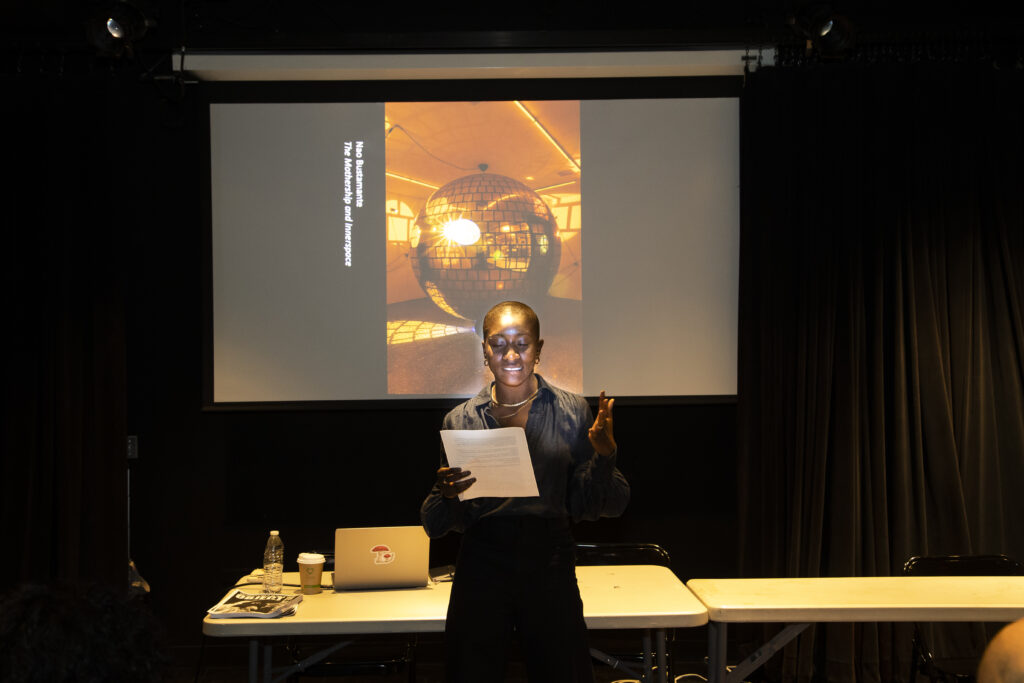
Applicants to the graduate program in Performance Studies are expected to submit the following materials:
- a graduate school application
- a statement of purpose addressing research interests
- a sample of scholarly writing
- two (2) letters of recommendation
- transcripts
- application fee
- TOEFL scores are required for international applicants from locales in which English is not a primary language, unless the international applicant has completed a graduate degree in an English primary program. The expected score is 90 or more points.
Deadlines
Applications for the PhD programs must be received by December 15th.
Financial Aid
Admitted doctoral students currently receive a five-year funding package that includes full tuition coverage with benefits (health, dental, etc.). During those five years students also receiving a living stipend which is tied to graduate assistantship duties (generally as a research support or teaching) during their course of study. The current minimum annual stipend rate for graduate students in the 2025/26 academic year is $46,356.
Minority PhD students may be eligible for funding through the Diversifying Higher Education Faculty in Illinois program, a state-funded, need-based program awarding fellowships that provide a stipend, with tuition scholarships provided by the Graduate School. To be eligible, minority students must be Illinois residents and intend to seek faculty positions in Illinois upon degree completion.
General Information
General information on graduate study at Northwestern University is available from The Graduate School.
If you have questions or concerns regarding the application process, please contact:
Shayna Silverstein
Director of Graduate Studies; Assistant Professor
shayna.silverstein@northwestern.edu